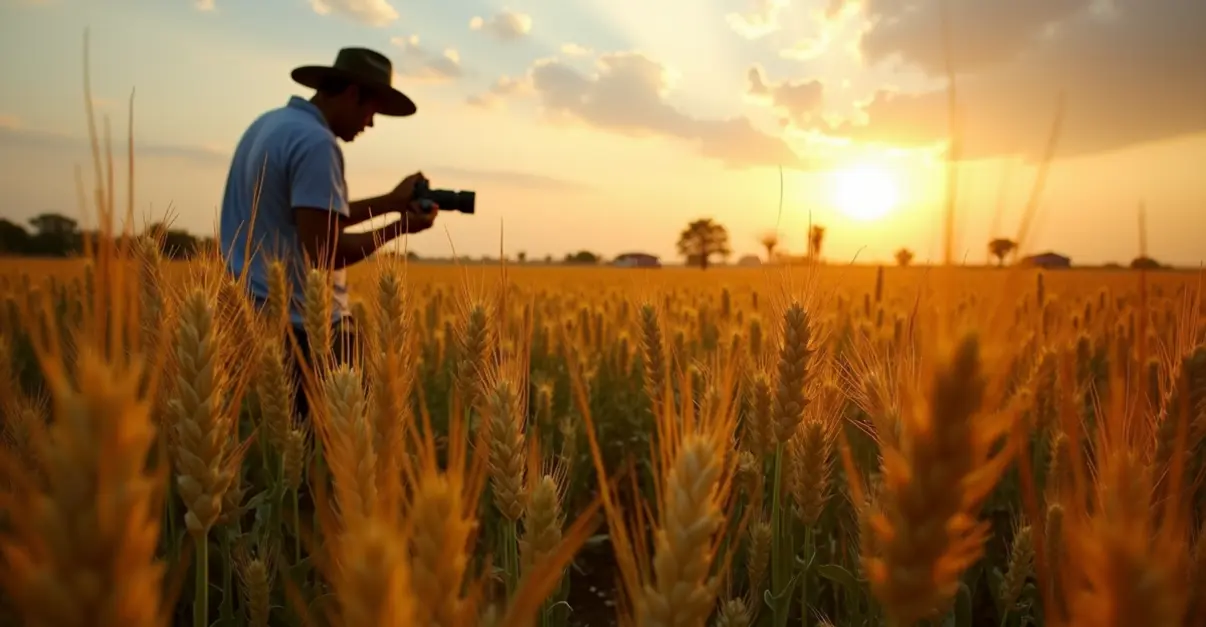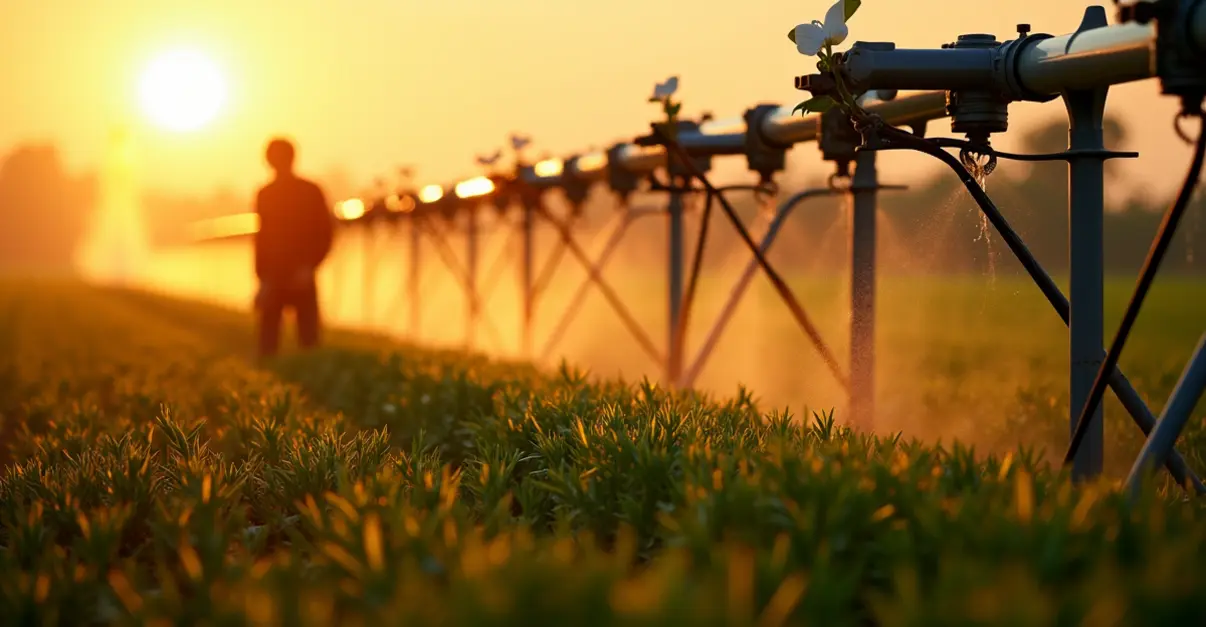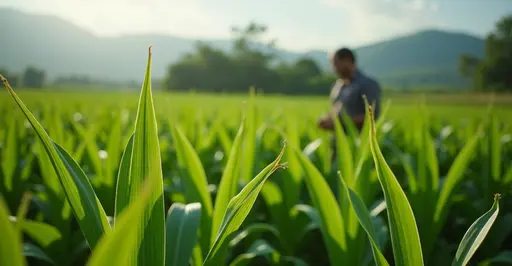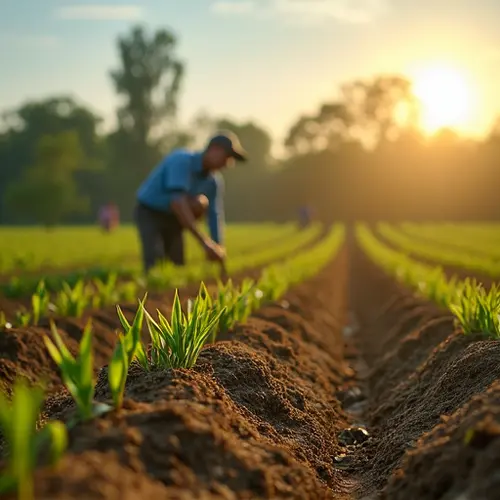Agricultural experts issue urgent advisories as heat stress threatens crop yields globally. Farmers advised to implement precise irrigation scheduling and adopt heat-tolerant crop varieties to mitigate losses.
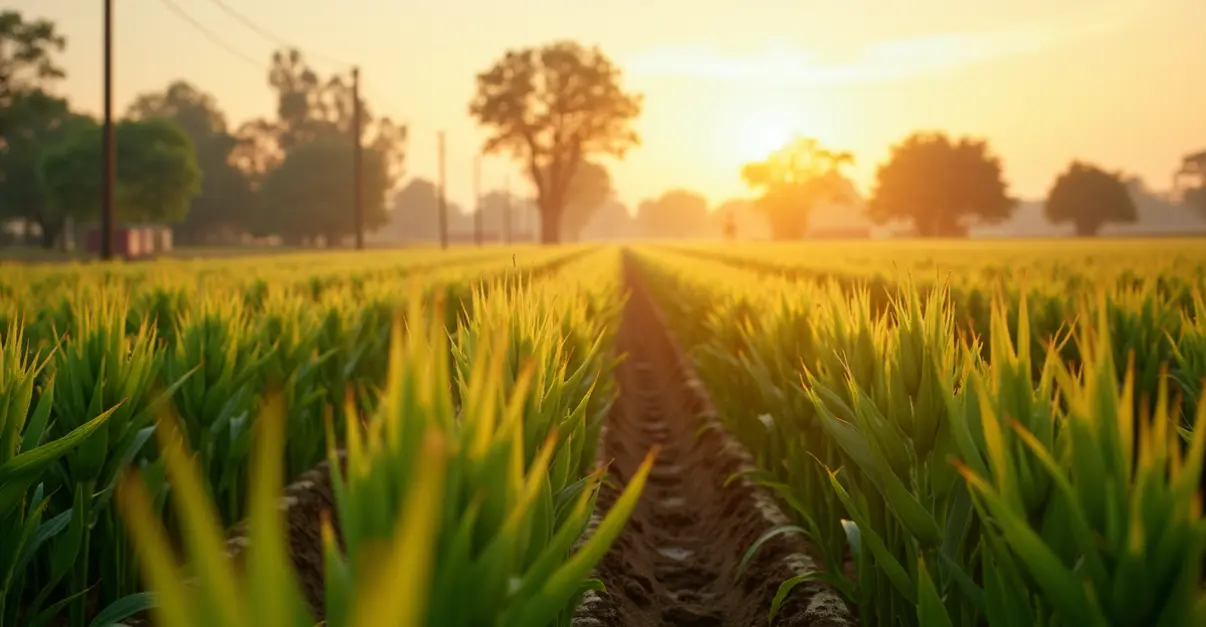
Agricultural Crisis as Heat Stress Threatens Global Food Supply
With rising global temperatures creating unprecedented challenges for farmers worldwide, agricultural experts are issuing urgent advisories to help mitigate crop losses from heat stress. Recent research shows that heat waves during critical growth stages can reduce yields by up to 50% in major staple crops like wheat, corn, and rice.
Irrigation Scheduling Becomes Critical Defense
Farmers are being advised to implement precise irrigation scheduling as their first line of defense against heat stress. According to a University of Nebraska-Lincoln study, proper irrigation timing can significantly reduce heat damage. 'We're seeing farmers who implement strategic irrigation scheduling maintain yields even during extreme heat events,' says Dr. Sarah Jenkins, an agricultural climatologist. 'The key is applying water at the right time to cool plants during peak temperature hours.'
Heat-Tolerant Varieties Offer Hope
Agricultural extension services are recommending specific crop varieties bred for heat tolerance. Research from Modern Farmer highlights several climate-resilient options including heat-tolerant cowpeas that can withstand temperatures exceeding 100°F and perennial wheat varieties with deep root systems. 'We've developed wheat lines that maintain productivity even when temperatures hit 95°F during flowering,' explains plant breeder Dr. Michael Chen. 'These genetic advances are crucial for food security.'
Integrated Approach Needed
Experts emphasize that no single solution will suffice. A comprehensive review published in 2025 stresses the importance of combining improved varieties with optimized agronomic practices. This includes adjusting planting dates, using growth-regulating compounds, and implementing precision irrigation. 'Farmers need a toolkit of solutions, not just one magic bullet,' states agricultural consultant Maria Rodriguez. 'The combination of heat-tolerant varieties and smart water management gives crops their best chance.'
Global Implications
The warnings come as climate change intensifies, with recent studies showing reduced crop yield stability is increasingly associated with heat stress. The economic impacts are substantial, with heat-related crop losses costing billions annually. However, farmers who adopt these recommendations are reporting better outcomes. 'Following the irrigation scheduling advice saved my corn crop last season,' shares Iowa farmer John Wilson. 'It made the difference between a profitable harvest and significant losses.'

 Nederlands
Nederlands
 English
English
 Deutsch
Deutsch
 Français
Français
 Español
Español
 Português
Português





